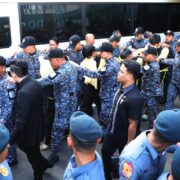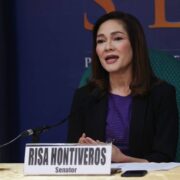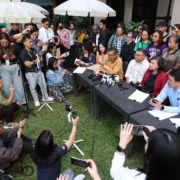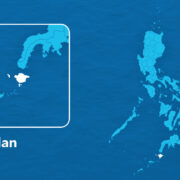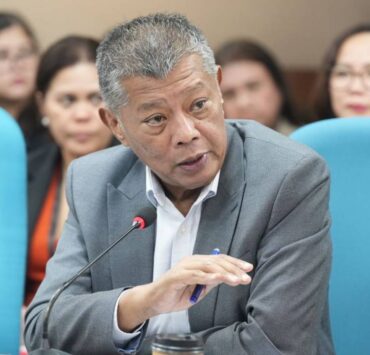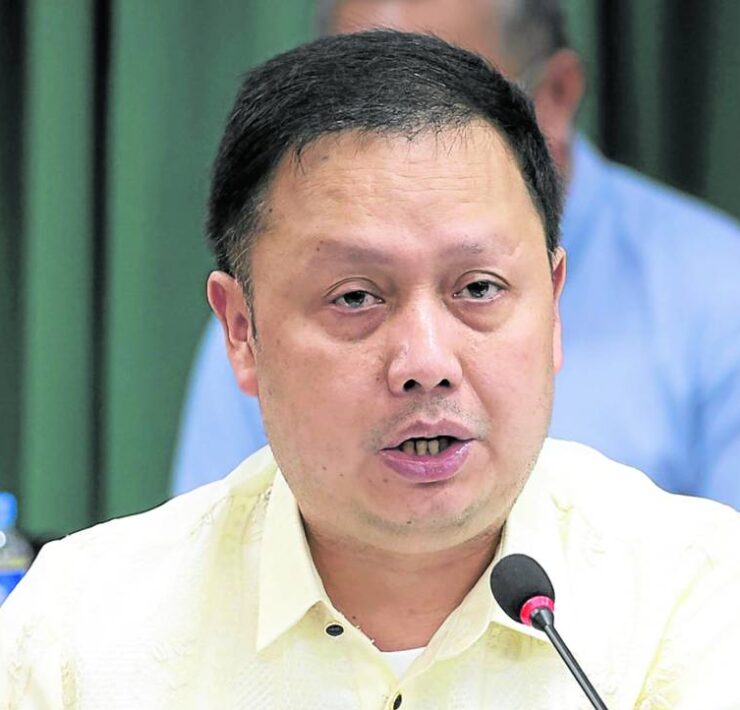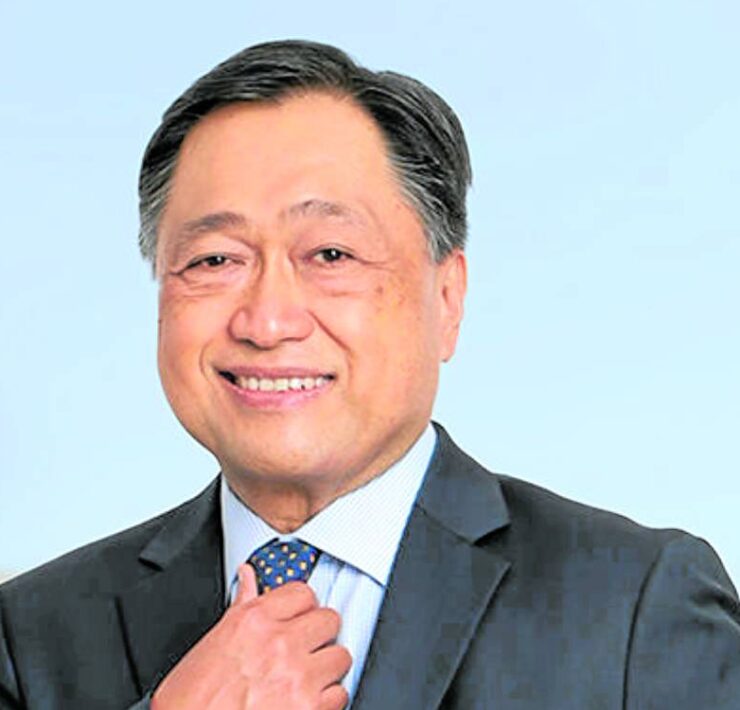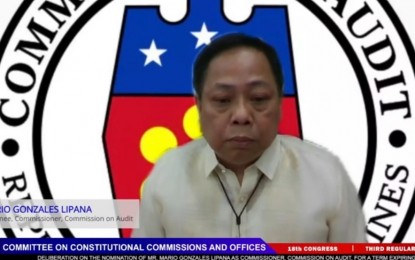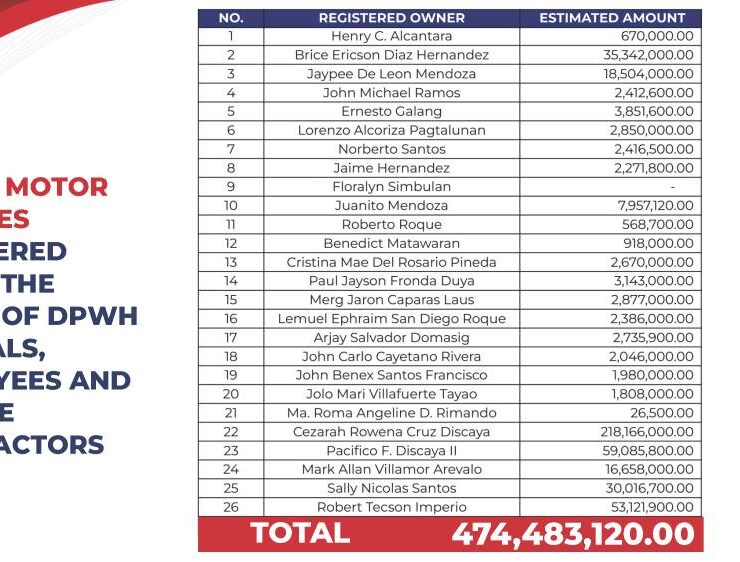Tulfo: Check casinos’ link to money laundering
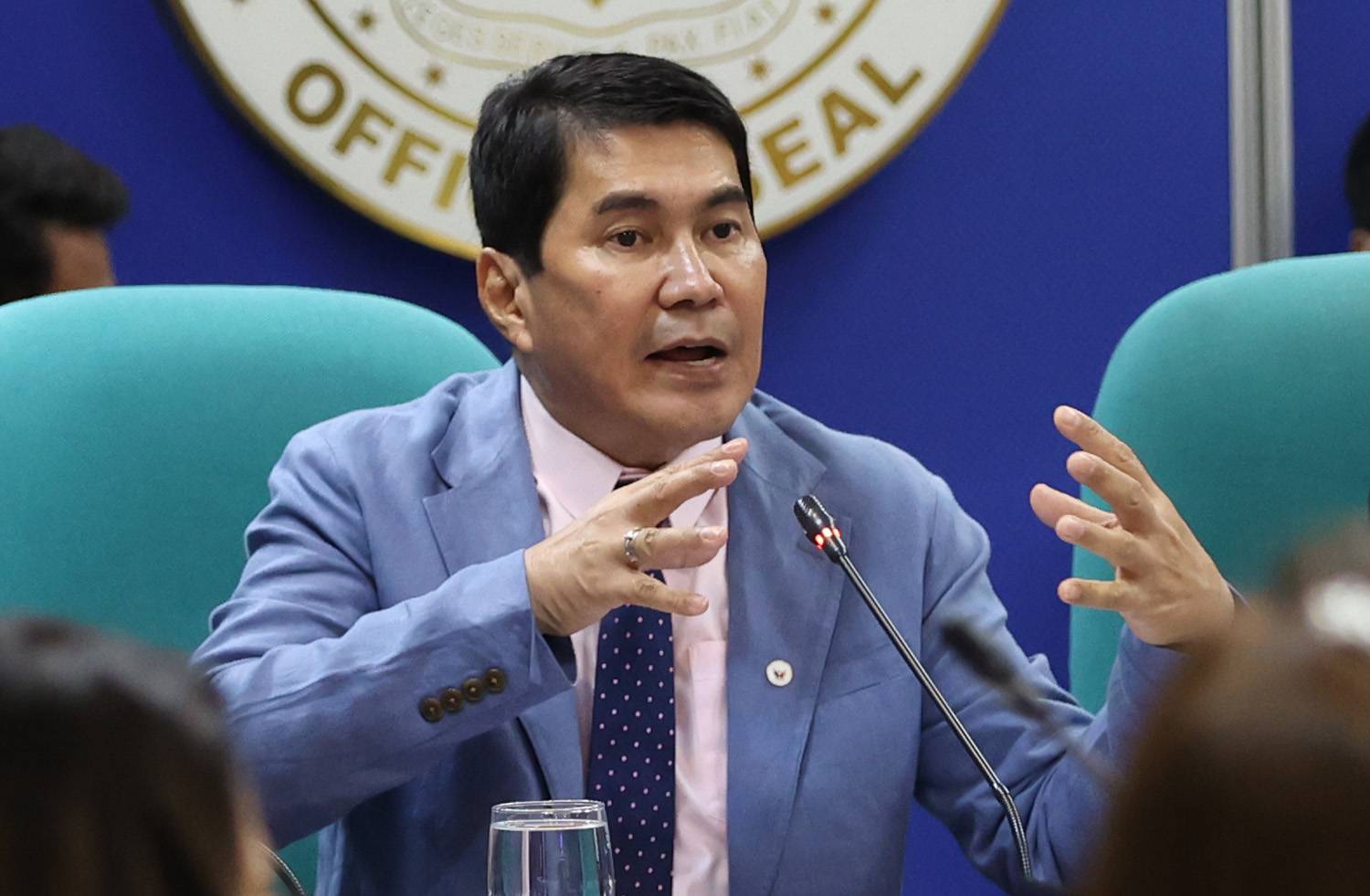
Sen. Erwin Tulfo is set to file a resolution to investigate casinos for allegedly turning a blind eye to questionable transactions and failing to report these to the Anti-Money Laundering Council (AMLC).
He said the probe aimed to end corruption and money laundering being done by government officials using public funds.
Tulfo, chair of the Senate committee on games and amusement, was referring to officials of the Bulacan first district engineering office of the Department of Public Works and Highways (DPWH), who allegedly gambled away hundreds of millions of pesos in public funds.
“They (casinos) cannot claim ignorance, suggesting that they did not know they are government officials or working in DPWH just because they used fake IDs (identification cards),” Tulfo said in a statement.
“I thought they strictly implement their ‘know your client’ or KYC policy? Why didn’t they investigate what kind of business or profession their players are into? Their surnames on their fake IDs don’t have any hint that they are tycoons or from billionaire families,” he pointed out.
Profit motive
In a statement, Tulfo identified Bulacan first district engineer Henry Alcantara, who used the alias “Joseph Villegas”; assistant district engineer Brice Hernandez, who used a fake ID with an alias “Marvin de Guzman”; and project engineer Jaypee Mendoza, who adopted “Peejay Asuncion” as his alias.
“They didn’t even raise a single red flag or report this to the [AMLC], despite these individuals bringing in hundreds of millions in cash to the casino every single week,” Tulfo lamented.
For Tulfo, the casinos chose to stay silent since such huge transactions from Alcantara, Hernandez, Mendoza and their cohorts meant bigger income for their business.
“If the casinos did their part in monitoring and reporting the transactions, Alcantara, Hernandez and Mendoza would have been apprehended immediately, and their pilfering of public funds could have been stopped,” he said.
No presence
For its part, the AMLC on Monday said it would look into the possibility of designating personnel in casinos to monitor and prevent high bettor players from using the establishments to launder millions of pesos in public funds.
During the public hearing conducted by the finance subcommittee-A on the AMLC’s proposed 2026 budget, AMLC Executive Director Matthew David admitted that the agency has no employees assigned in casinos.
“The responsibilities of the casinos… is to conduct due diligence. Number two is recording, gathering the documents about their customers, and filing of transaction reports. These are the three responsibilities that we expect from our covered persons, including casinos. We have no employees there,” David said.
Sen. Sherwin Gatchalian, chair of the finance committee, also questioned the AMLC on whether it examines the transaction reports of casino players to verify the legitimacy of their income.
“Do you analyze each and every transaction report to know if they come from legitimate sources? The whole point of reporting to AMLC is to know whether transactions are legitimate or not. That is why the banks normally ask us [about our income] if the transactions are big. I presume in casinos, it is the same. Do you analyze this?” Gatchalian asked.
The senator was referring to the withdrawal of chips made by Hernandez.
Flagged reports
In response, David admitted that the AMLC is unable to examine every single transaction report due to their sheer volume.
He explained that the council employs a prioritization system in its database, focusing primarily on reports tagged under corruption and terrorism financing.
He clarified that while not all reports are analyzed, those flagged as high risk are prioritized for investigation.
Tulfo asked AMLC officials whether the requested P333.1-million allocation for 2026 would be enough to stop financial crimes.
Of the AMLC’s proposed budget, only P170 million was approved under the National Expenditure Program, leaving a gap of more than P160 million.
David replied that there could be no “100-percent guarantee,” as he stressed that it is vital for agencies, including the Philippine Amusement and Gaming Corp. and other regulators, to have cooperation.
“There’s no 100-percent guarantee that these activities will not happen again because investigating money laundering is a whole-of-government effort,” he said.
Philippine casinos previously figured in the 2016 Bangladesh central bank heist, where $81 million stolen by hackers were eventually laundered and lost in a local casino. —WITH A REPORT FROM INQUIRER RESEARCH




